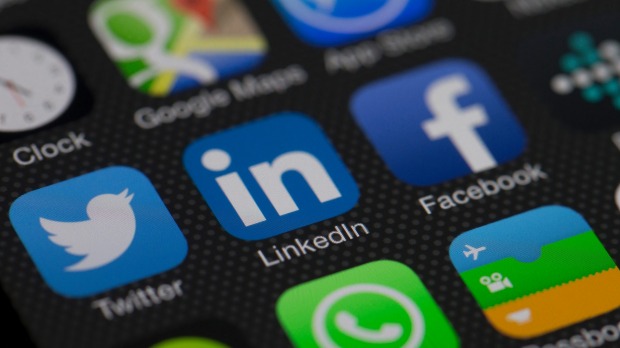
New research has found one quarter of health professional graduates aren’t aware of social media standards in their profession, however most already self-impose traditional confidentiality principles while on social platforms.
University of Queensland Program director for the master of nursing Dr Anthony Tuckett asked 112 nurses and midwife graduates from Australia and New Zealand five open-ended questions for the purpose of better understanding what social platforms most undergraduates engage in.
“There is quite a movement to use the social media within the health sector, so it was interesting to find out what they were using on social media and what they were doing on social media,” Dr Tuckett said.

Dr Tuckett said while the majority of the group surveyed were informed on social media standards, there was room for greater awareness.
“One in every four said they weren’t aware of guidelines,” Dr Tuckett said.
“From a research point of view, by and large that means they were an informed group, but we have to make sure that the entire cohort of graduates are aware of guidelines around social media.

“Our results suggest that for these young healthcare professionals, the utility of social media might not have been explained or reinforced in a professional development context.”
While there was not a complete understanding of social media standards, 97 per cent did acknowledge there were instances where social media was unacceptable in their profession.
Graduates in the survey provided almost 100 situations where they felt the use of social media was unprofessional, malevolent, illegal or unethical, potentially stemming from traditional health care guidelines of consent, confidentiality and privacy Dr Tuckett said.
“They are quite well behaved and they work within good professional parameters when using social media.
“The various professional bodies have guidelines and really it comes down to the principles of privacy, confidentiality and consent; these are basic principles that they should all be using.
“Educators and professional bodies need to make sure the new graduates are aware of the guidelines; you can do this at an undergraduate level.”
Facebook was the most dominant social platform, with 97 per cent of surveyed graduates using the outlet, followed by YouTube at 46 per cent, Pinterest at 42 per cent and Instagram at 36 per cent.
Dr Tuckett said it was unfortunate the graduates were not harnessing the more professional social platforms such as LinkedIn and Twitter.
“Professional groups do use LinkedIn, although this group tended not to, which may be to do with the age demographic,” Dr Tuckett said.
“Twitter is already widely cited as used by health consumers as a means to spread public health messages and monitor ongoing health issues.”
While most survey participants used social media for social and educational purposes, it was revealed the most common reason they used social media was to “look at funny cat pictures”.
